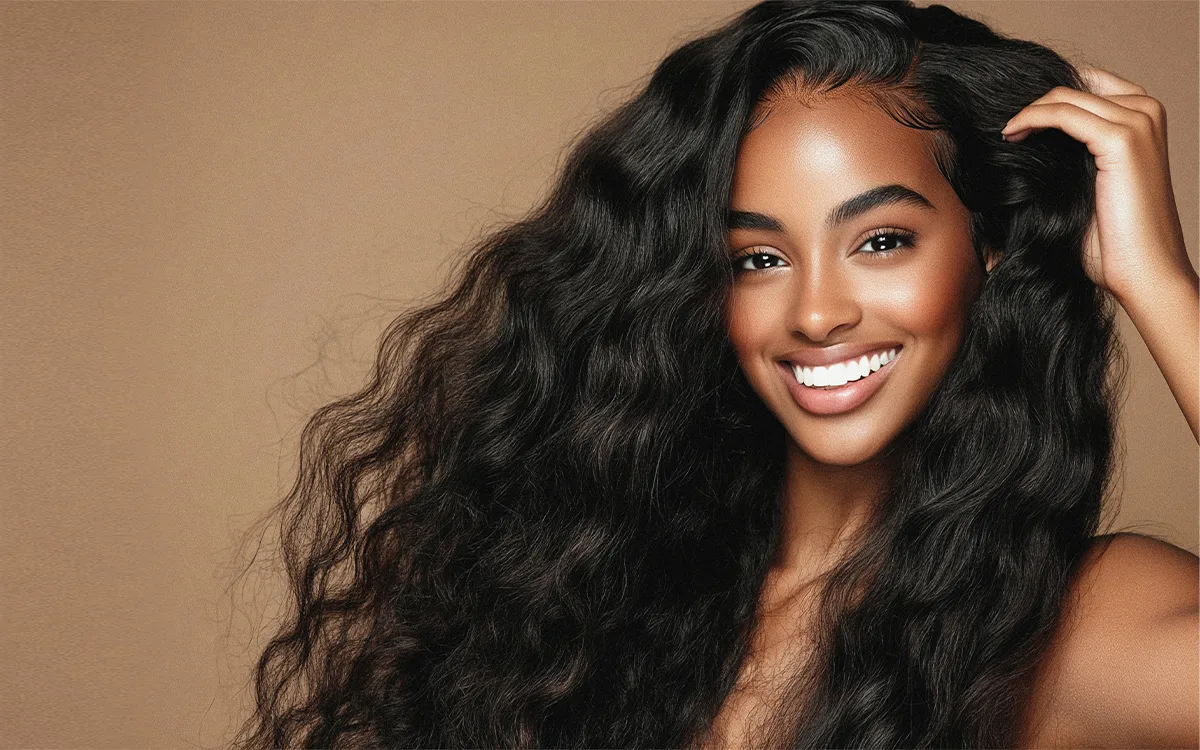Hair is often a reflection of overall health, and when it starts to lose its luster, it may be time to look deeper. One often overlooked factor in hair health is zinc. This essential mineral plays a significant role in supporting hair follicles, maintaining the scalp, and keeping hair strong. Whether you are dealing with hair loss or simply want to care your hair, understanding the benefit of zinc can help you make informed choices.
The Role of Zinc in Hair Health
Zinc is an essential nutrient that the body requires for various functions, including the maintenance of healthy skin, nails, and hair. It plays a key role in the growth and repair of hair follicles, which are responsible for producing new strands of hair. Without adequate amounts of zinc, the hair structure may become weak, leading to excessive shedding and breakage.
Zinc also contributes to scalp health by supporting immune cell function and assisting with wound healing. A well-nourished scalp provides a better environment for hair to thrive, regardless of hair type. Whether your hair is straight, wavy, curly, or coily, ensuring sufficient levels of zinc in your diet may contribute to maintaining its natural strength.
How Zinc Supports Hair Growth
Hair growth is a continuous cycle that involves three phases: growth, rest, and shedding. Zinc helps regulate this cycle, ensuring that hair follicles remain active and function properly. Low levels of zinc may disrupt this process, potentially leading to hair thinning over time.
Additionally, zinc plays a role in protein synthesis, which is crucial for hair structure. Since hair is primarily composed of keratin, a type of protein, adequate amounts of zinc contribute to maintaining strong and healthy strands.
Sources of Zinc for Hair Health
Zinc can be obtained through dietary sources or supplements. Some of the good food sources of zinc include:
- Oysters (one of the richest sources of zinc)
- Red meat and poultry
- Nuts and seeds like cashews and pumpkin seeds.
- Whole grains
- Dairy products
- Legumes, including chickpeas and lentils
For those who may not get enough zinc from food alone, zinc supplements are an option. These supplements come in various forms of zinc, including zinc gluconate, zinc citrate, and zinc picolinate. Choosing the right form depends on individual needs and how well the body absorbs each type.
The Connection Between Zinc and the Immune System
Zinc is widely recognized for its involvement in immune system function. It assists in the function of immune cells, helping the body defend against infections such as the common cold. Maintaining adequate levels of zinc is important not only for overall well-being but also for keeping the scalp and hair in good condition. A well-functioning immune system contributes to overall hair health by minimizing stress on the body and managing scalp-related issues.
Ways to Add Zinc to Your Hair Care Routine.
While consuming enough zinc through diet or supplements is essential, external hair care is just as important. Here are some practical ways to maintain hair health:
- Choose the Right Hair Care Products
Look for shampoos and conditioners that contain nourishing ingredients to support scalp health. Avoid harsh chemicals that may strip away natural oils, as this can make hair more susceptible to breakage. - Wash Your Hair Wisely
Washing hair too frequently may strip it of essential oils, leading to dryness. On the other hand, not washing enough may cause product buildup on the scalp. Finding the right balance based on your hair type is key to maintaining healthy strands. - Maintain a Nutrient-Rich Diet
A well-balanced diet that includes sufficient amounts of zinc can contribute to healthier hair. Combine zinc-rich foods with other vitamins and minerals, such as biotin and vitamin E, to support hair structure.
The Importance of Balanced Zinc Intake
Maintaining the right balance of zinc in the body is essential for overall well-being. While adequate zinc intake supports hair health, immune function, and wound healing, too much or too little may lead to imbalances. The body requires a steady supply of essential nutrients, and excessive zinc intake may interfere with the absorption of other minerals. A varied diet that includes natural sources of zinc, combined with professional guidance when considering supplements, is the best approach to ensuring optimal benefits.
Final Thoughts
Zinc is a key mineral that plays a vital role in hair health. From supporting hair follicles to contributing to immune function, zinc is an essential nutrient that deserves attention. Whether through diet or supplementation, ensuring proper levels of zinc may help keep hair looking its best. Pairing good nutrition with the right hair care products and washing habits can create an optimal routine for stronger, healthier strands.
Taking care of your hair is a journey, and small steps like paying attention to essential nutrients can make all the difference. Whether you are focusing on hair growth, maintaining shine, or addressing hair loss concerns, zinc can be a valuable addition to your overall approach to hair care.

